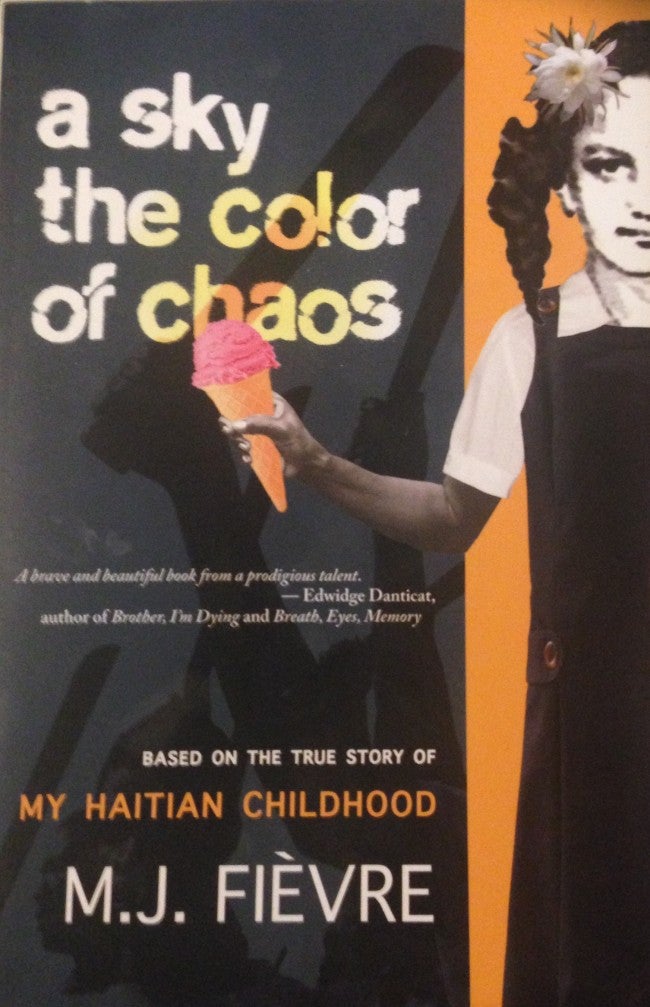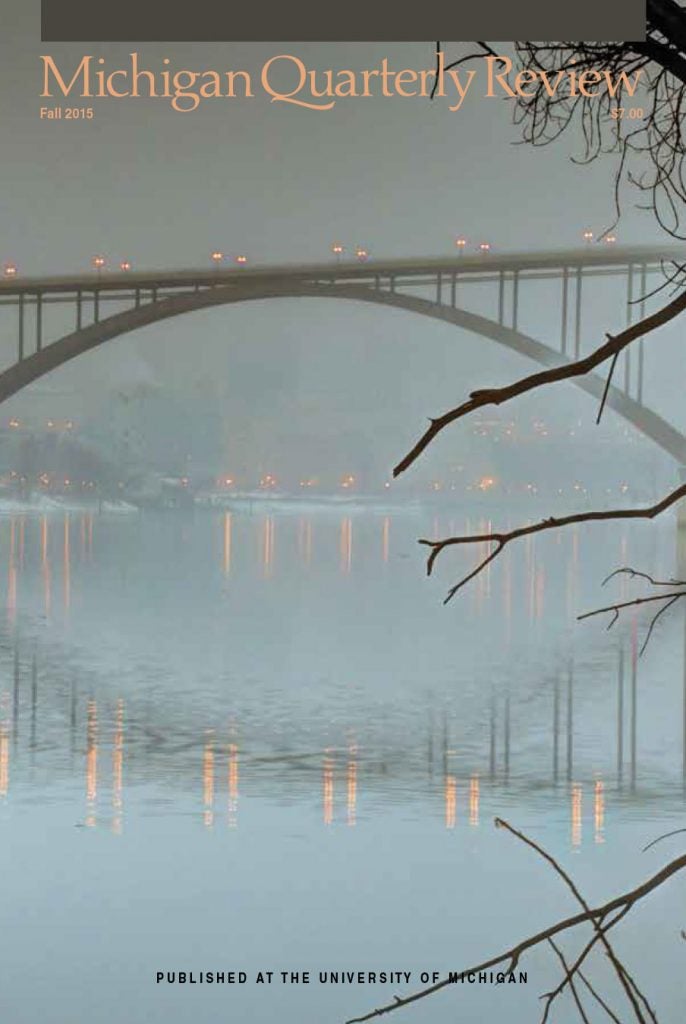Charles Baxter and MQR
I was stunned by the long first paragraph of “Harmony of the World.” I set down the story and took a deep breath, thinking that if the rest of the story were this well written and as secure in its rhetorical structure, this narrative would fulfill Milton’s prescription for greatness. It would be read appreciatively a hundred years hence, just as in 1980 we read short fiction by Henry James and Stephen Crane, and poems by Emily Dickinson.
Charles Baxter and MQR Read More »
I was stunned by the long first paragraph of “Harmony of the World.” I set down the story and took a deep breath, thinking that if the rest of the story were this well written and as secure in its rhetorical structure, this narrative would fulfill Milton’s prescription for greatness. It would be read appreciatively a hundred years hence, just as in 1980 we read short fiction by Henry James and Stephen Crane, and poems by Emily Dickinson.








